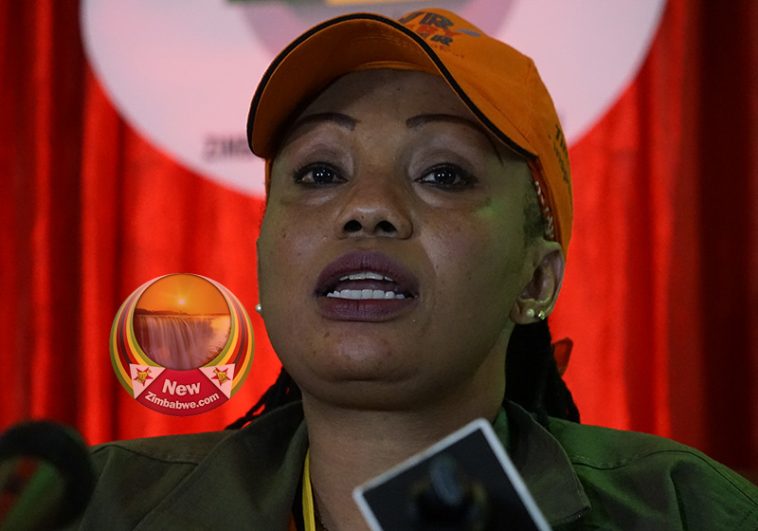By New24.com
HARARE – Only 47% of Zimbabweans believe that the Zimbabwe Electoral Commission (ZEC) will conduct credible elections.
This, despite the fact that locals are comfortable that their ability to vote by secret ballot guarantees their freedom of choice, an Afrobarometer study has found.
The mistrust in the ZEC is foregrounded by the 2018 elections which, according to respondents to the survey, were not free and fair.
Zanu-PF’s Emmerson Mnangagwa, who needed 50% plus one vote, received 50.8% of the vote and his closest rival, Nelson Chamisa – then leading the Movement for Democratic Change Alliance – received 44.3%. It took three days for the results to be announced. There was a 75% voter turnout in 2018, even though some raised fears of intimidation.
Now it’s back to the race for Mnangagwa and Chamisa, who are expected to be the headline candidates in the elections between 26 July and 26 August.
The ZEC is already under fire because the voters’ roll has not been availed. In its defence, it said it was protecting the public’s private data.
“The Data Protection Act has placed additional responsibilities on the commission in terms of the format in which this data is disseminated to the public, to protect the data of voters,” ZEC chairperson Priscilla Chigumba told a committee in parliament on last Wednesday.
She made the comment after the High Court kicked out a legal challenge from opposition legislator, Allan Norman “Rusty” Markham.
Zimbabwe: Voters “intimidated” on the phone, says NGO
The ZEC told journalists there were six million registered voters – up from five million in 2018.
In its messaging, Zanu-PF said it was targeting five million of the voters, leaving the opposition with one million.
During the primary election that just ended, Zanu-PF claimed, in a show of power, that three million people had participated.
For Zimbabweans, according to Afrobarometer, the vote will be decided on policy promises.
“Among Zimbabweans who say they may or will vote in 2023, policy preferences emerge as the most important factor affecting voter decisions, although a majority of citizens also say they favour candidates from their own province,” the survey noted.
The majority, according to Afrobarometer, are of the view that whoever loses the election should accept defeat.
The report stated:
More than eight in 10 citizens (81%) say that once an election is over, the losing side should accept defeat and cooperate with the government to help it develop the country, rather than focus on holding it accountable.
Since the turn of the century, with the emergence of a strong opposition in the Movement for Democratic Change (MDC), elections have been violent and disputed, failing to pass the democracy test from international observers.
After the coup that dislodged then-president Robert Mugabe in November 2017, elections took a similar turn with violent clashes in Harare captured on live television as the army ran battles with opposition supporters.
Chamisa would later dispute the results in court and lose.
For the greater part of Mnangagwa’s term, Chamisa didn’t accept him as a legitimate president.
This time, Mnangagwa has threatened not to invite observers from “hostile” countries because they always “undermine” Zimbabwe’s democracy.
With all its problems, the public still believe democracy is the best way to get rid of underperforming leaders.
“Majorities think their elections work well to enable voters to remove leaders who don’t do what the people want (59%) and to ensure that members of parliament reflect voters’ views (53%),” Afrobarometer said.
Also, a clear majority (73%) say Zimbabwe needs many political parties to ensure voters have a real choice.

